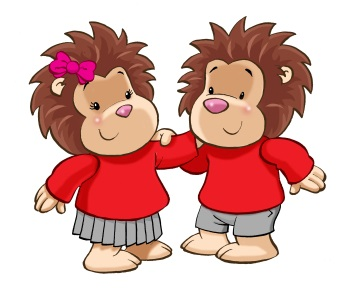Forest School
What is Forest School?
Forest School originated in Scandinavia and was brought to the UK in the early 1990s. Sessions are shaped by children (to encourage ownership and independence), long term (to build trust and relationships) and outside (to gain the many physical and emotional benefits from being in nature). The Forest School ethos aims to promote students’ confidence, social skills, sense of self-worth and emotional well-being in an outdoors environment and learn, hands-on.
What happens in Forest School?
Forest School will take place on our own grounds at Parklands. We are thrilled to have wonderful outdoor spaces for the children to explore and enjoy. During a Forest School session, activities are provided but the emphasis is on the children choosing too. Activities include den building, using tools such as saws, knives (under 1:1 supervision), cutting firewood and fire lighting, crafts such as dream catchers or whistles, games, rope swings, flora and fauna identification as well as stories and sharing. The benefits of improved coordination and physical health from doing activities outside, are enhanced by opportunities to develop imagination and initiative; problem solving and perseverance. Children can try things out and learn from experience, rather than rigidly following a set of instructions (with the exception of tools and fire). This often involves learning to work as a team to get something done, feeling comfortable with asking for and offering help and learning how to cope with failure or setbacks. All crucial emotional skills needed to thrive and be the best they can be.
Forest School involves children learning to self-manage risk, how do I know my child will be safe?
All Forest school sessions are led by a Level 3 qualified leader with an outdoor paediatric First Aid qualification. All activities are risk assessed and children take part in a dynamic risk assessment with the Forest School leader every time they do a Forest School session. This then becomes habit, to look for, assess and manage risk continually throughout each session. High ratio of adults to children mean staff can observe without interfering, but still be able to step in quickly if an activity looks like it is becoming unsafe. Staying on site means that toileting and hand washing will take place in the school building, as usual.
There are strict rules around camp fire and tools and these are used under close adult supervision.
How long will sessions last?
Sessions will take place on a Thursday or Friday for around 2 hours. The program will run for 5 or 6 weeks.
What should children wear? / How dirty will they get?
Children may get dirty! There is no such thing as bad weather – only poor clothing, so as long as the leader deems it safe, children are encouraged to get a bit messy if they like. Many children and young people miss out on experiential learning because they are overly concerned with getting dirty or spoiling their clothes. You can help them overcome this by making sure that they wear old clothes that they don’t have to worry about. Forest School happens in all weathers (unless extreme winds, heat or lightening and deemed unsafe by the leader) including snow, rain and sun. With this in mind please send your child in appropriate clothing for the weather. Layers in winter, ideally with waterproof trousers, wellies, hats and gloves are the order of the day. In summer, sun hats are important. Your child should arrive in their outdoor learning clothes (old clothes, shoes which will get dirty), with a SPARE set of clothes in a bag for them to change into when they get dirty or wet. This should include socks, pants, shoes.
